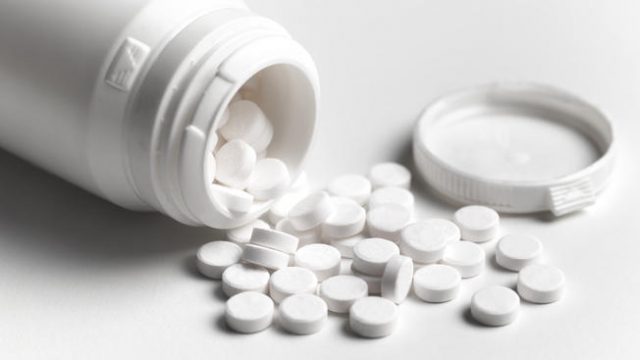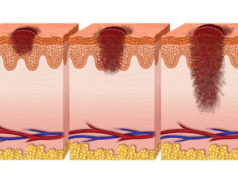A new research in the US found out that daily aspirin intake is linked to a higher risk of melanoma in men, which is considered the most dangerous form of skin cancer.
The study, which can be found online in the Journal of the American Academy of Dermatology, was brought together by researchers from Northwestern University and has looked into the medical records from 195,140 patients, 18-89 year old and had no history of melanoma. 1,187 out of the 195,140 patients were exposed to aspirin. The researchers only included patients who had been taking aspirin with a dosage of 81 mg or 325 mg every day for at least one year. These patients were observed for at least five years to keep track if melanoma will appear.
From the 1,187 patients, 2.19% acquired melanoma diagnosis after, compared to the 0.86% of patients who were not exposed to aspirin.
Looking into the group’s gender, they discovered that the men exposed to aspirin had almost double the risk of melanoma compared to exposed women, who did not have any increased risk.
Dr. Beatrice Nardone, the study’s senior author, expressed her surprise about the results, as aspirin has been found before to decrease the risk of colon, gastric, breast, and prostate cancer.
She also shared that patients and healthcare providers need to be aware of the possibility of elevated risk of melanoma for men, given the clinical impact of the link of aspirin to melanoma. However, it doesn’t mean that men should stop taking aspirin to lower heart attack risks.
Her advice is for health care practitioners to provide patients the knowledge about the importance of staying safe in the sun, and how avoiding tanning beds and regular visits with a dermatologist can aid in reducing the risk of melanoma and other skin cancers.
One of the possible reason why men may be more vulnerable to melanoma could be because they have a lower amount of protective enzymes compared to women, according to Dr. Nardone.
Higher level of resulting oxidative cellular damage in men due to lower levels of protective enzymes might contribute to the probability of getting diagnosed with skin cancer.




























